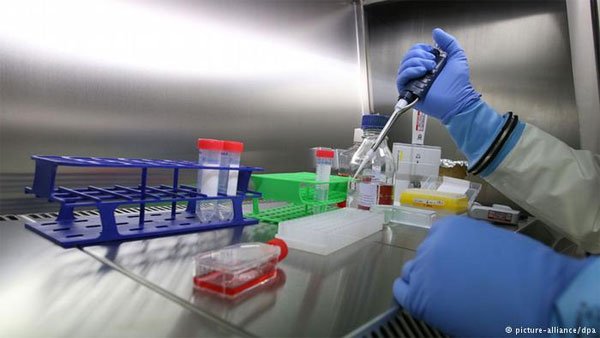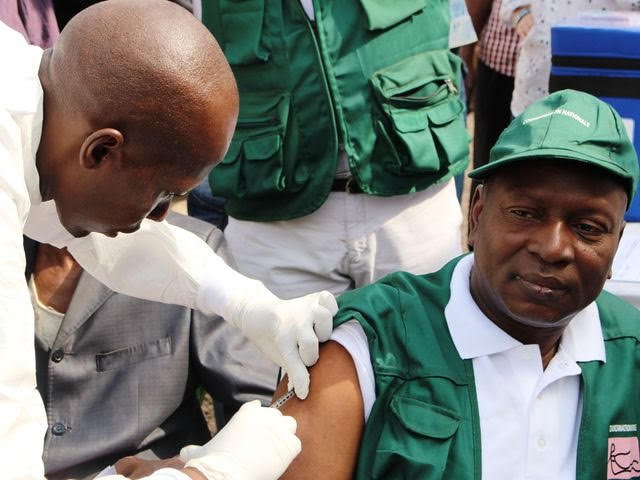The Ebola outbreak in the Democratic Republic of the Congo (DRC) is widespread, but this time, there is a vaccine.

New cases of the notorious virus - which killed more than 11,000 people in the 2014 outbreak in West Africa - were first reported in early April in the DRC's Rural Equateur, according to the World Health Organization. WHO).
As in the 2014 outbreak, response groups were equipped this time with a vaccine. So far, about 4,000 doses, called rVSV-ZEBOV, have been shipped to the Kinshasa capital, according to Reuters. The vaccine has been used to contain a small outbreak in Guinea in 2016, and has promising results.
But even with vaccines in hand, how can health care workers protect people quickly? According to Martin Hibberd, an emerging infectious disease professor at the London School of Hygiene and Tropical Medicine (LSHTM), the current outbreak will bring new vaccines for testing.
"This vaccine seems to work very well in the last outbreak," Hibberd said. The LSHTM team collaborated on the evaluation of the immunization approach taken during the outbreak. As a result, "everyone hopes that it will function equally well in this [translation]." [10 deadly diseases cross species]
However, "there are some challenges to using this vaccine, especially in this stage," he added.
The way vaccines are used is different from how standard vaccination programs work, Hibberd told Live Science. Instead of immunizing a healthy population to protect people from future encounters with a disease, in the case of Ebola, response groups are vaccinating people who may have been exposed to super This bacterium.

In addition, ground teams operating in the region are facing significant challenges, said WHO Director-General Dr Tedros Adhanom Ghebreyesus. Most of the cases are in remote areas, some of which are only accessible by helicopters, Tedros said at a news conference today (May 18).
Hibberd says the rVSV-ZEBOV vaccine should be stored at minus 112 degrees Fahrenheit (minus 80 degrees Celsius) - a significant challenge for mobile teams and field hospitals operating in the heat environment. zone.
"One of the issues is definitely the supply of electricity," said Hibberd, who hopes his team is involved in addressing the boom by helping to track people exposed to infected people.
Hibberd praised WHO's response to the current boom, saying he was optimistic that the disease would be controlled.
"I really care that we have learned from the last outbreak and are really trying to accommodate it while it's small," he said.
Hibberd added that if vaccines prove effective in the current outbreak, widespread vaccination programs may be considered to protect the populations of African countries at risk for Ebola.